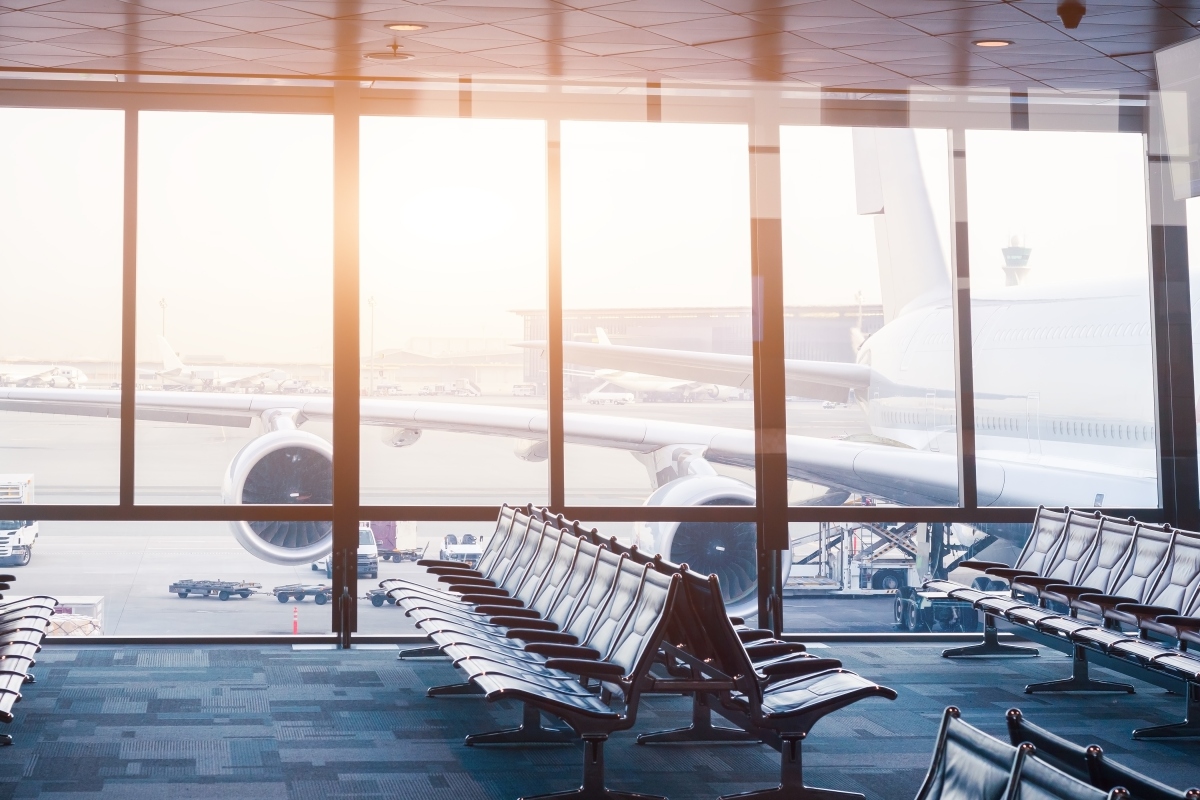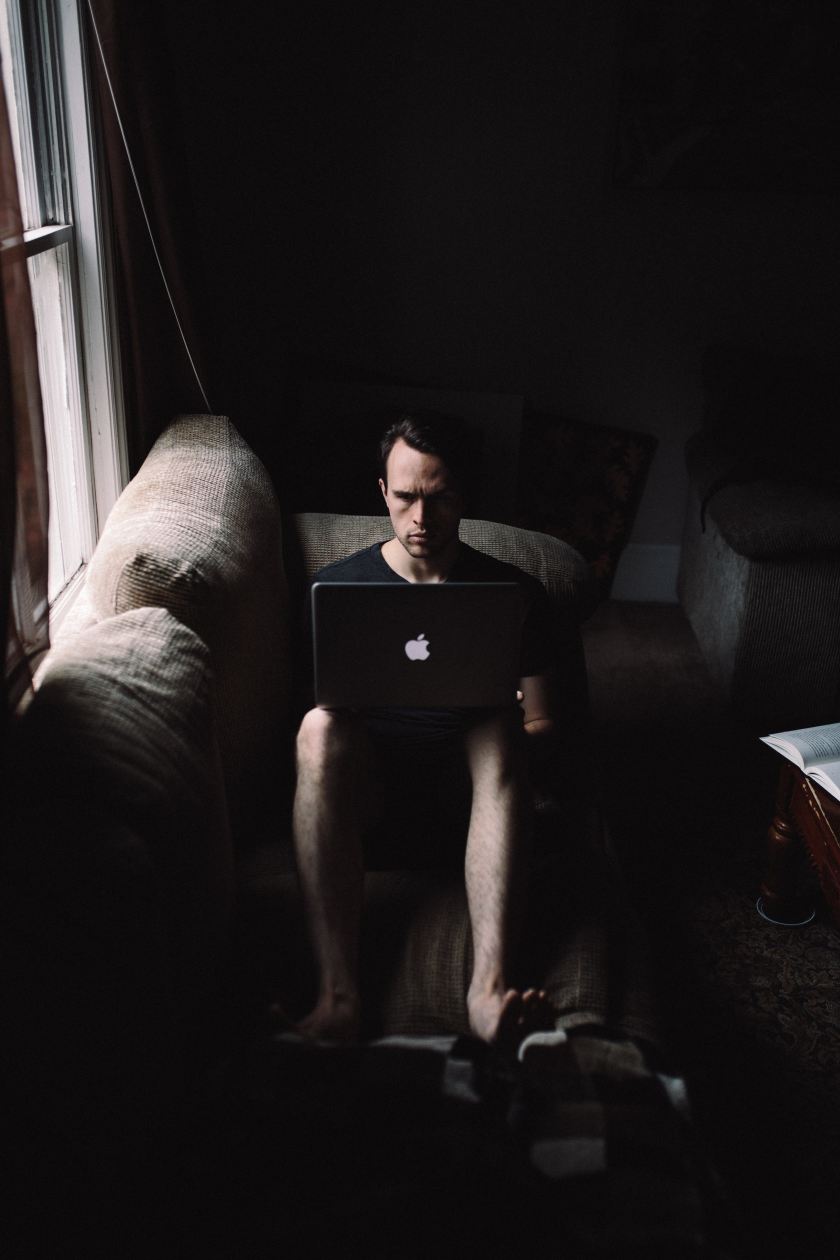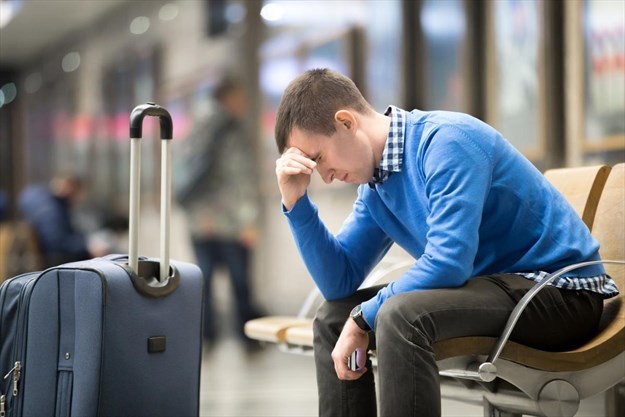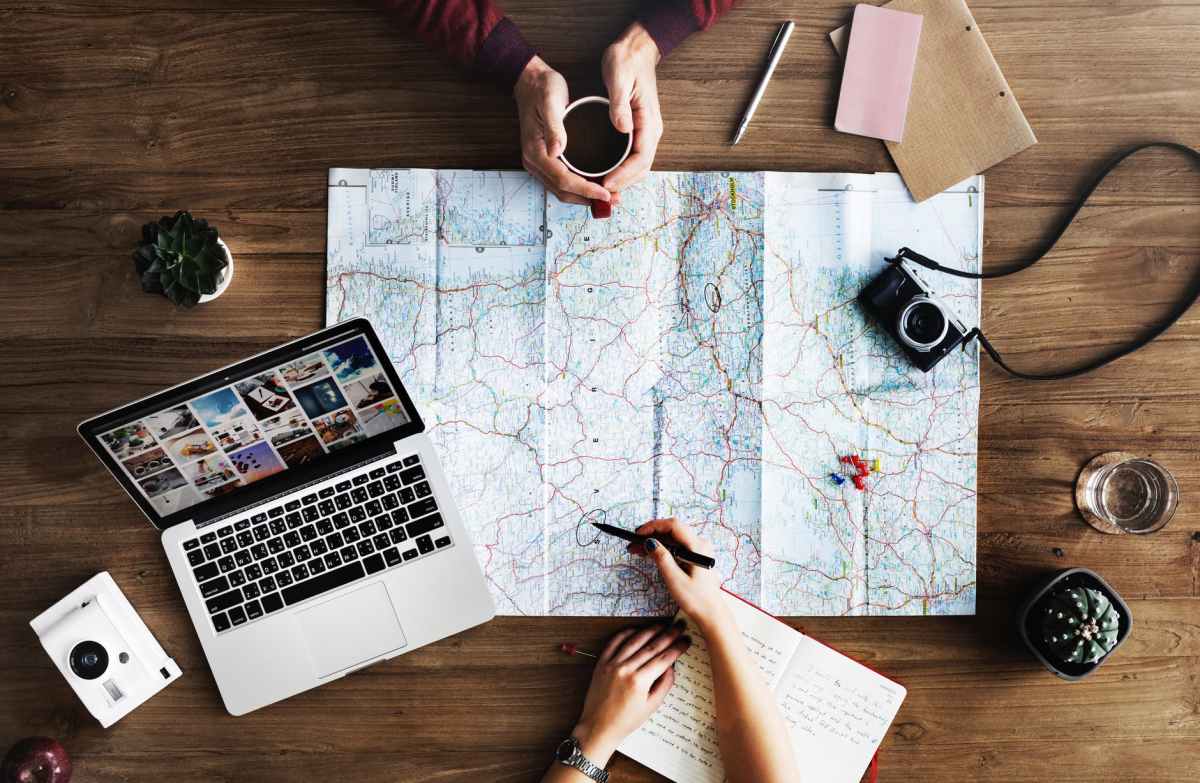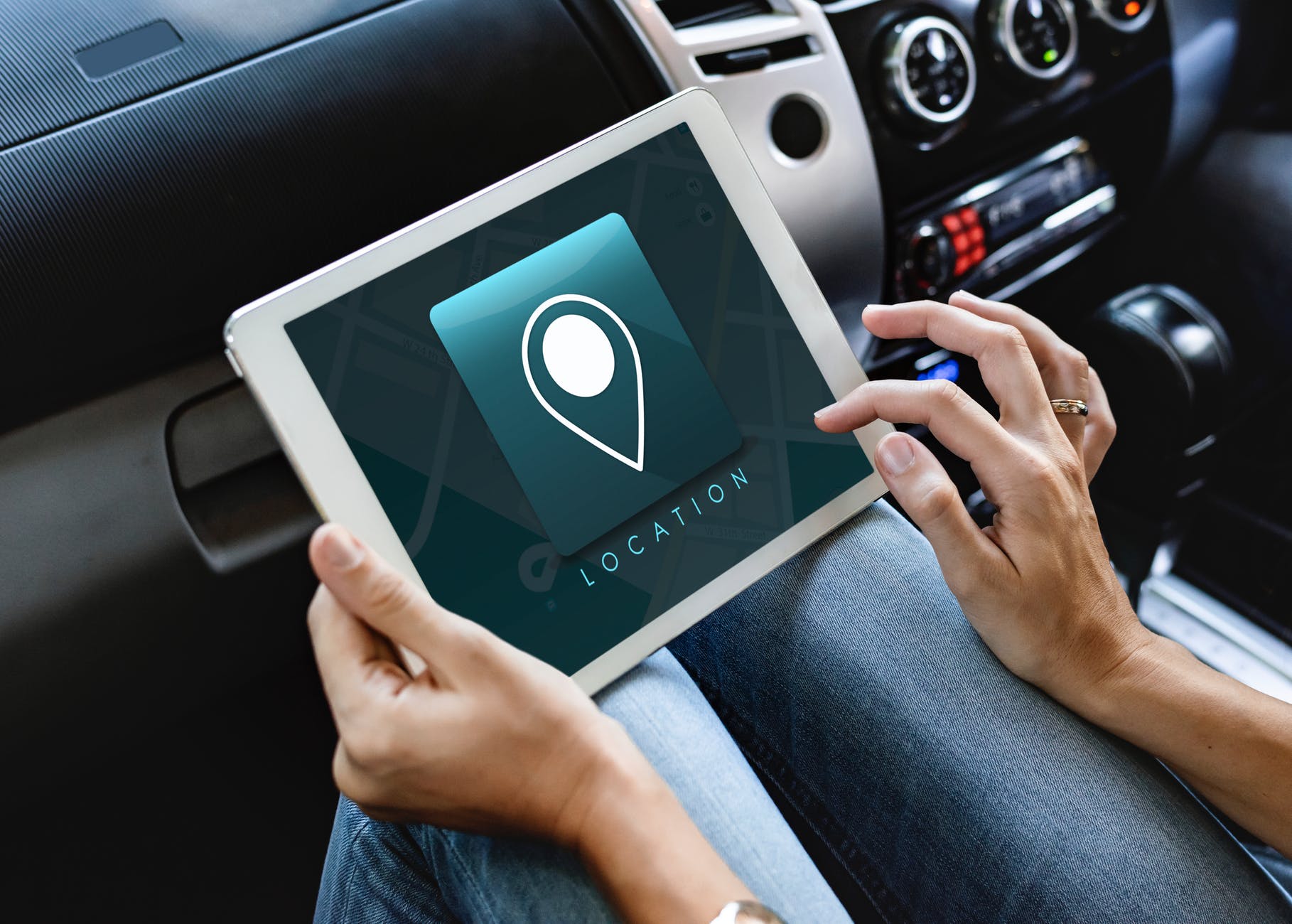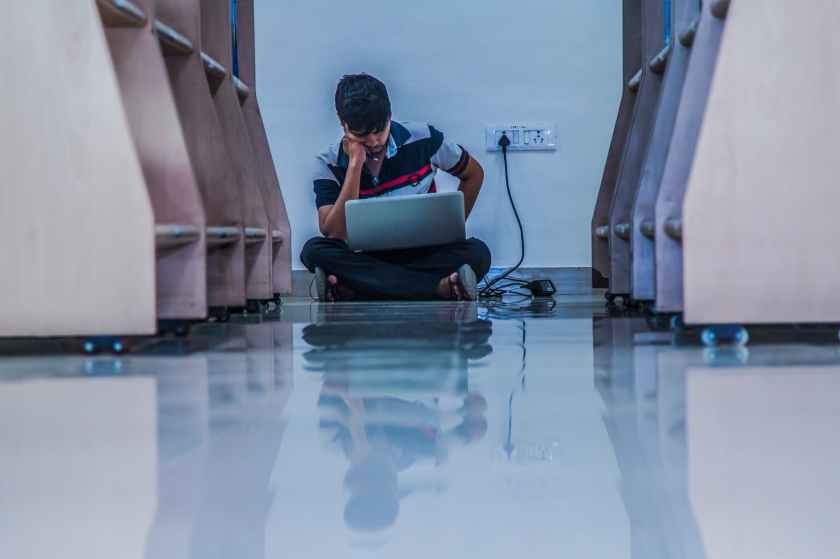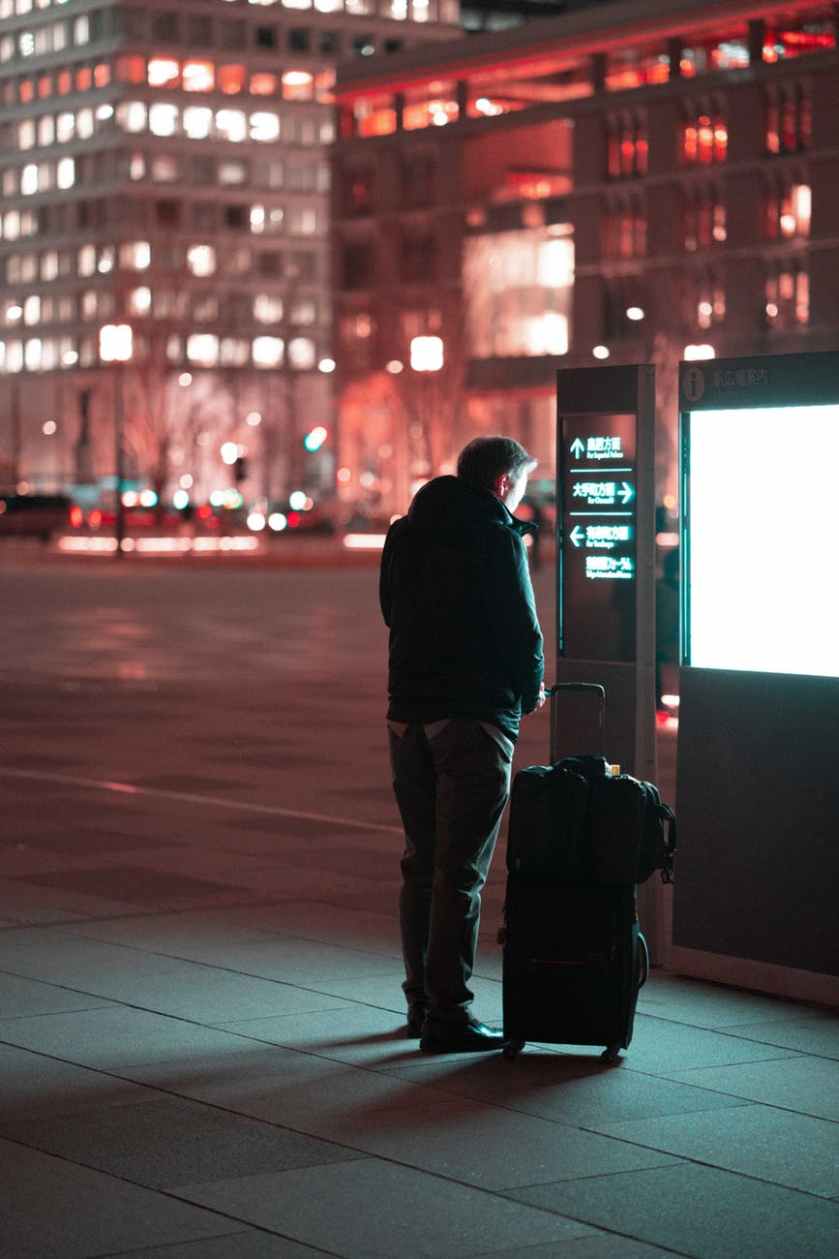Underway during a busy time, I decided to head to Germany to spend my week with family. Navigating my way through heavy city traffic, and then negotiating the busy Philadelphia highways, I arrived at the airport to find that it was surprisingly light in foot traffic, for being Thanksgiving week; I guess travelers are waiting a day or two longer. Or so I thought. Arriving at Chicago O’Hare, I quickly noticed that it held no shortage of the typical family element (two parents and two children), which added to the already high-volume business, and solo traveler numbers making their way somewhere. Working my way to the closest café to grab a coffee, I couldn’t help but stop to take notice of the high density of holiday travelers, noting the impact that it had on everything from the staff numbers at McDonald’s to the constant upkeep of restroom maintenance, to every other element that permits an airport to run efficiently. We never really stop to wonder what it takes to keep the machine running, we just expect it to do what it is designed to do (when we do our part), which is purchase the tickets and show up. We’ve paid our money, we’ve contributed to and stimulated their economy, so everything should work as it is made to. Right? Everything we read about travel puts such a positive spin on the experience, its almost unrealistic.
“Its in the moments of rest and indulgence that I get lost in thought, which is what usually brings me to something.”

Photo by Kristopher Roller on Unsplash
As I sat in my seat and sipped my coffee, while choking down a burger which I swore I would avoid—in an effort to getting on track to becoming healthier at 40—I pondered those things. For me, its often that I can come up with ideas to write about while in motion, but almost a certainty when I am still and processing. Its in the moments of rest and indulgence that I get lost in thought, which is what usually brings me to something. Lost in thought and creating answers to my own questions, it occurred to me that one common aspect of travel blogging that always appears to be missing is the negativity. Now, here me out. While I am not one to wallow in negativity, I am realistic enough to understand that many aspects of travel are just as frustrating as they are exciting. Yeah, we can chalk them up to “experiences,” and that is usually how they are represented, but I honestly believe that there can be value in digging into the negative parts of what people experience, while they are trying to experience something different.
The more I engaged in this realization, the more I began to wonder about why it is that a positive spin is always put on everything a person experiences when they travel. Projecting a moment of negativity never killed anyone, so I do not think that there is any value lost when we examine the other side of things. For example, think about over-crowded waiting areas, long lines, diminished service due to high volume stress, and yes, delays. All these things factor into our travel, but rather than acknowledge how completely aggravating they can be, we develop the tendency to focus on other things, becoming less analytical and more complaney than anything. Although it turns out that the very attribute of being analytical is what often leads to logical rationalization, and then decompression. I find that taking the analytical route is the best way to approach things sometimes, especially when we are talking about ways to deal with the inevitable stress.
Don’t get me wrong, I love blogging, and most of what I aim to provide is a positive outlook. However, it seems to me that a more realistic approach is when we consider that it is perfectly fine to acknowledge how annoying some things can be. For example, on my way home from Germany, things appeared to be flowing smooth. I made good time driving to the airport and managed to get ahead of most of the morning rush-hour traffic by leaving early, and with ninety-minutes to spare, the rental car was turned in, my bag checked, and I breezed through security. Nürnberg to Frankfurt was a breeze. Then came the cataclysm. More than a decade ago, in order to accommodate an increase in flight traffic at the Frankfurt airport, a second runway system was built. And while the terminals were expanded, today many aircraft still park on the ramp, and buses will ferry passengers from the terminals to and from the planes. Already slightly behind, the crew managed to finally opened up the gate and began shuffling passengers through the checkpoint, at which point we would descend a flight of steps, board the bus, and after a ten-minute drive, arrive at the plane, which happened to be a Boeing 747. I boarded at the back door, quickly found my seat, and settled in while people made their way onto the plane, slowly but consistently. Not long after I was settled, a gentleman and his friend came to my seat and the first sat beside me, but then quickly pointed out that I was in his colleague’s seat. I retrieved the ticket stub from my pocket and together we examined it, only to find I was indeed in the correct seat, yet his ticket also showed 55C. He called the attendant and the only reply he received was, “it looks like that seat was double booked.” The attendant collected the stubs from each of us and said that he would return shortly.
While I waited for the return of this attendant I anticipated his request for me to find another seat. So, like any mature adult, I poised myself to appear very much settled in, even grabbing my iPad and opening it up to begin reading. After all, why should it be me that moves when I was there first? Then a funny thing happened. I over-heard another couple with the same issue, and soon after the intercom comes on and the attendant requests that all passengers double check their tickets to make sure that they are on the correct flight. In a slightly condescending tone, the German gentleman beside me asks me to confirm my destination (as if to suggest that I am mistaken), to which I replied, “Philadelphia.” I then countered his tone with my own request for information, and his reply…, “Orlando.” “Naja, dann bist du auf dem falschen Flug,” I said to him. Translation, you are on the wrong flight. It turned out that the bus driver of Orlando bound passengers delivered his passenger cargo to a Philadelphia bound airplane, and of course the people didn’t know any better, so they boarded the plane and mixed in with the Philadelphia group.
Long story short, once every Orlando bound passenger left the plane and re-boarded the bus, we Philadelphia passengers were asked to grab all of our things and get off the airplane, so that we can return to the terminal, re-check in, re-board the bus, and re-take our seats on the plane; all in all, a total time investment of nearly two hours. This was the only way that the flight crew could absolutely ensure that every passenger on that airplane was headed to the correct destination. I will admit, it was aggravating. Especially since I was already very hungry. But I had an internal conversation that went something like, “hey, you can’t change the situation, you don’t have to catch a connecting flight, and your evening was going to be free anyway, so don’t stress.” And just like that, I let it go. But what did kill me was the others who failed to have a similar internal conversation. Many passengers, if they could, vented every little bit of their frustration with anyone who would listen and indulge, and so the circle went around and around; thankfully I had my headphones to blot out the complaining. This could be the experience of any travel blogger, but perhaps the only thing you would see is a picture of something that in no way showed the bulk of that moment of reality, but rather a sliver of opportunistic time for a picture that would tell a different story.
Traveling is a great thing; I’ll never deny that statement. We learn so much when we see the way others live, and when we experience life that is vastly different than our own, it provides us with valuable perspective. But let’s be honest, while the destination has all the potential to show us an amazing time, the process of getting there can be … less than fruitful. Travel bloggers often paint us pictures of amazing experiences, yet we usually find that the one thing missing is the WHOLE picture; we only see the good stuff. Social media has that tendency to show us the good, and only the good, but rarely do we get the chance to see the frustration, the confusion, and irritability to be experienced. We go through it all, yet we hardly ever talk about what goes wrong. Well, maybe now it is time we confront both sides of the coin. More to follow…




